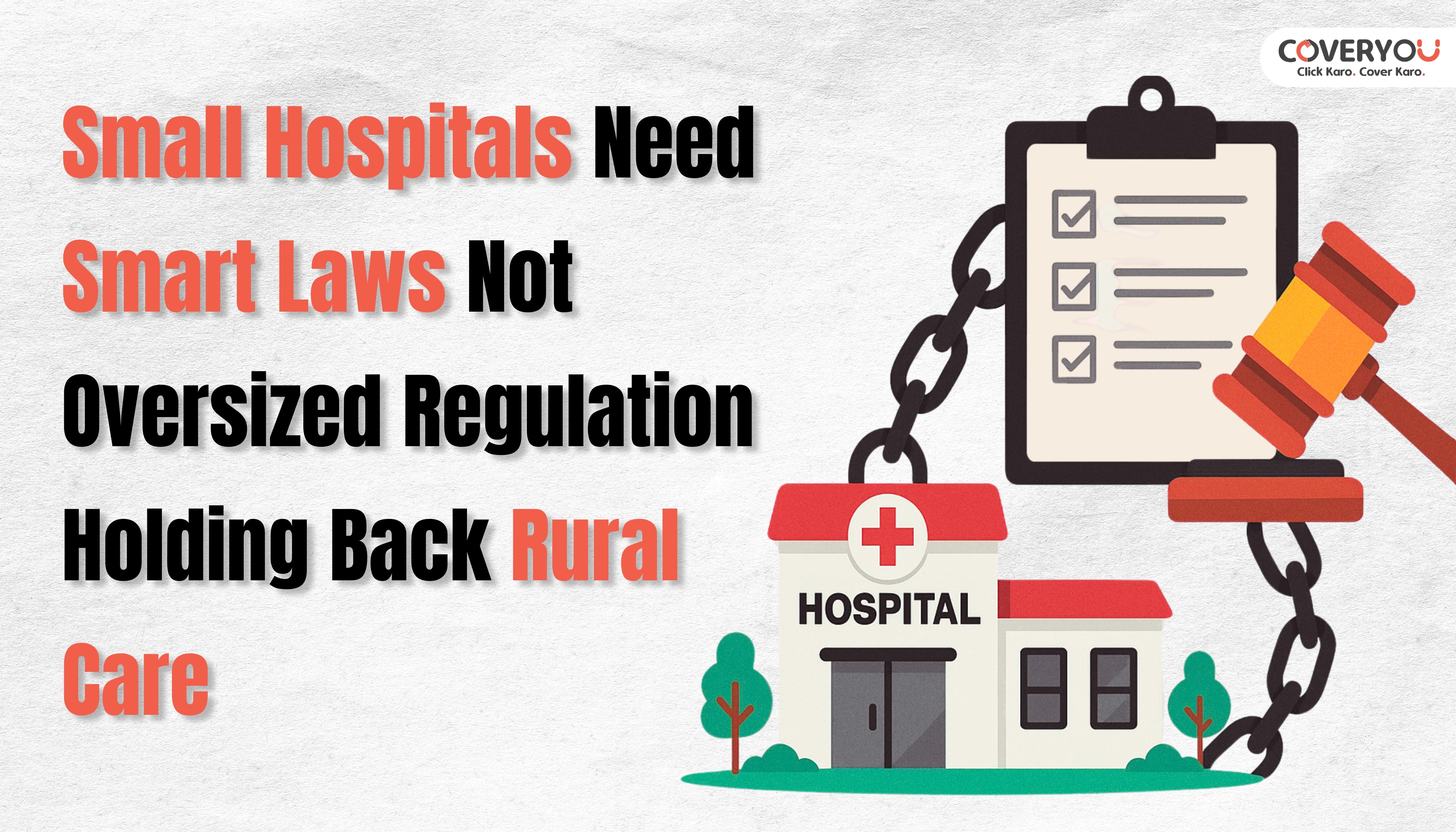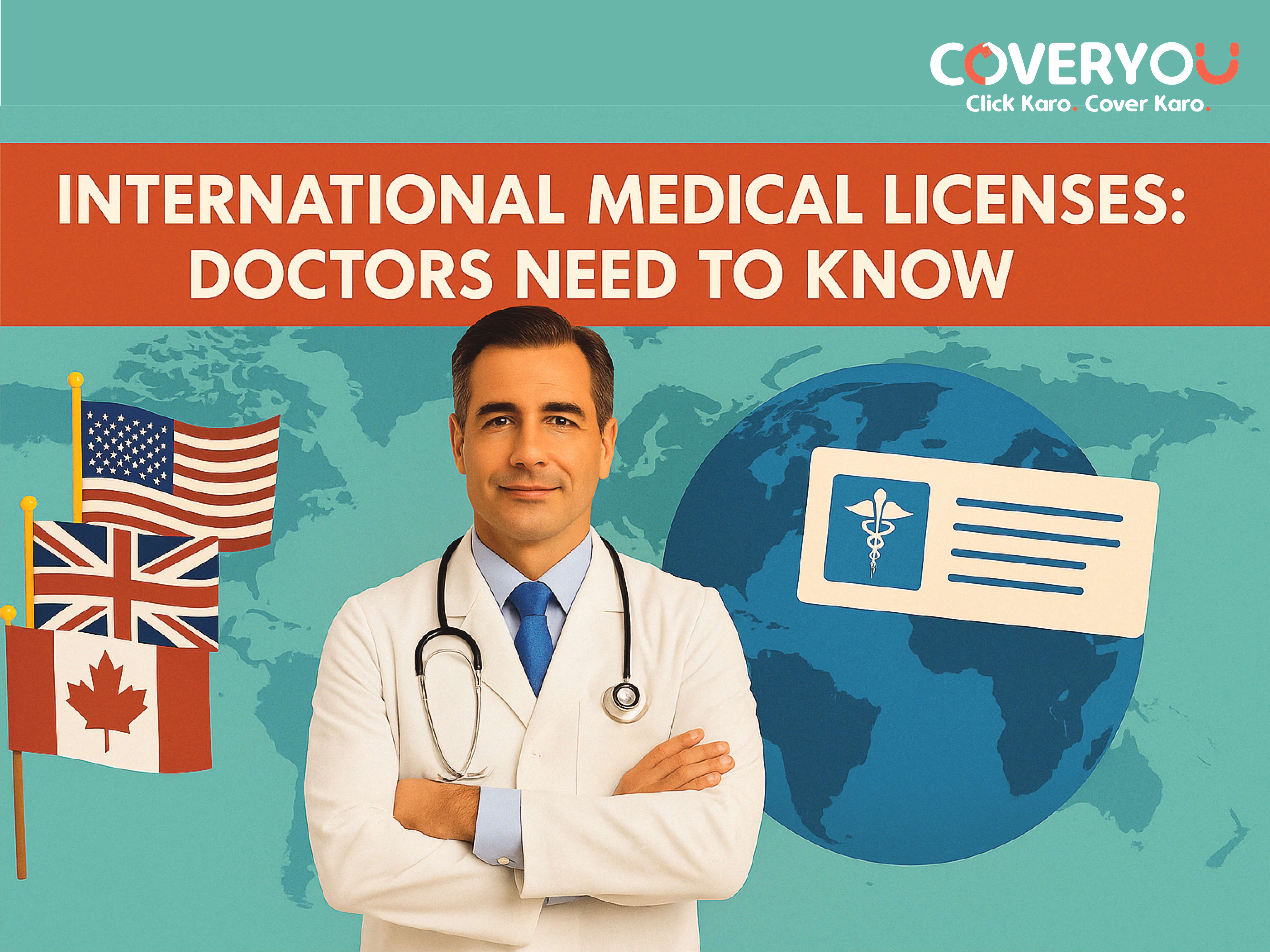It is highly beneficial to have health insurance coverage because it provides financial security during any unexpected illness or accident and also offers some tax benefits. The income tax authorities offer various tax benefits with the objective of encouraging people to invest in health cover so that they can get access to healthcare and reduce tax liability. Through the following guide, major tax advantages associated with health insurance are looked upon under different subheadings.
Introduction
In addition, health insurance can reduce the cost of healthcare services and ensure the availability of quality treatment. Other than this basic function of indemnifying treatment costs, it provides benefits by way of very important tax advantages to the holder of the insurance policy. Understanding these benefits will help individuals or families make appropriate decisions while choosing and maintaining their health insurance.
-
Premium Payments
Tax Deductions for Premiums:
- Self-Employed Individuals: Self-employment individuals may deduct the cost of health insurance premiums covering them, their spouse, and dependents directly as an adjustment to income on their tax return. This deduction is taken on Form 1040 and reduces taxable income, thereby reducing overall tax liability.
- Limits and Conditions: There are a number of limits and conditions for deducting this, like one can not deduct an amount more than the net profit from self-employment, and some eligibility criteria have also been given by the IRS.
-
Health Savings Accounts (HSAs)
Contributions Tax-Free:
- Contributions: Contributions to a Health Savings Account are tax-deductible up to the annual contribution limits specified by the IRS. HSAs are available to anyone with High Deductible Health Plans and let funds grow tax-free when money is used for qualified health care expenses.
- Triple Tax Benefits: HSAs provide triple tax benefits due to the allowance of deductibility, tax-free earning, and withdrawals intended to pay for qualified medical expenses.
-
Flexible Spending Accounts
Before-Tax Contributions:
- The worker gives pre-tax dollars from his/her salary while working to FSAs, which he may then use to pay for qualified medical expenses that are not insured, such as deductibles, copayments, and prescriptions.
- Annual Limits: The amount contributed by workers in an FSA is subject to set annual limits by the employer before it may be used within generally the same plan year or grace period.
-
Medical Expense Deductions
Itemized Deductions:
- Deductible Expenses: Itemizers can claim a deduction for unreimbursed medical and dental expenses to the extent they exceed a percentage of a taxpayer’s adjusted gross income. The threshold for deductibility generally is 7.5 percent of AGI for most taxpayers.
- Qualified Expenses: Eligible expenses may include medical care, prescription drugs, and premiums paid directly by taxpayers for health insurance coverage—excluding pre-tax contributions through arrangements like HSAs and FSAs.
-
Employer-Sponsored Health Insurance
Exclusion of Premiums Tax:
- This relates to employer premiums given to employees to cover their health insurance. This, in relation, generally excludes an employee’s taxable income in regard to premiums paid by employers. In this respect, this exclusion usually encompasses an employee’s share of premiums made through payroll deductions and all employer contributions.
- Tax Savings: The employee will lower his/her taxable earnings by excluding health insurance premiums from the taxable income, hence a reduced tax liability.
Conclusion
Health insurance provides not only critical financial protection against expensive medical care, but also significant tax benefits that help people and families save money. The list includes tax-deductible premiums and contributions to HSAs and FSAs and exemption of employer-sponsored health insurance premiums from taxable income. One needs to understand these different tax advantages to maximize the savings and optimize their health insurance coverage. From denial of principle tax or other tax liabilities, these tax benefits could be used effectively to ensure access to required healthcare with reduced burden of taxes.

















